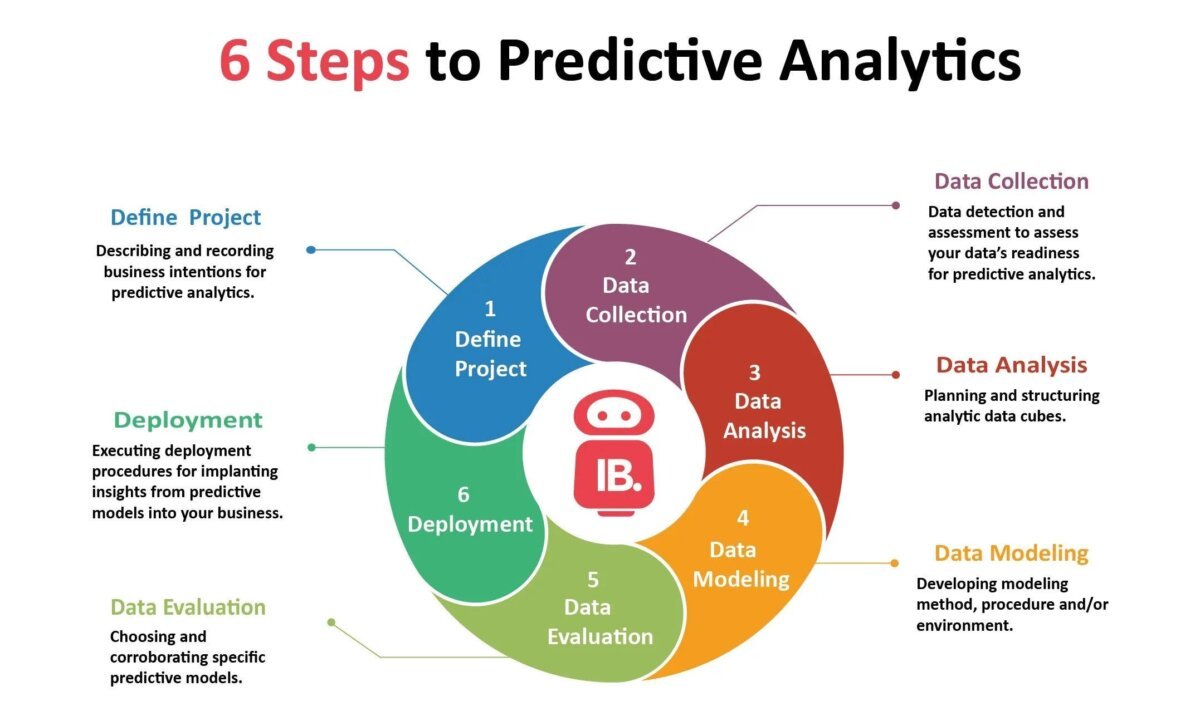Yo, lemme break it down: Predictive Sales Forecasting in CRM: Boost Accuracy with AI is like, the ultimate cheat code for sales. It’s all about using AI to guess what sales are gonna look like, right? And CRM, that’s where you keep all your customer info, like, your contacts, deals, and all that jazz. So, we’re talkin’ using AI inside your CRM to predict sales. Sounds kinda nerdy, but trust me, it’s where it’s at for boosting sales and making more 💰.
Predictive sales forecasting, enhanced by AI within a CRM system, offers significant advantages in sales strategy. However, the choice of CRM architecture impacts this capability. Understanding the differences between various CRM models, such as evaluating the features of All‑in‑One CRM vs Specialized CRM: Pros & Cons , is critical. Ultimately, the right CRM setup empowers accurate forecasting, leading to better resource allocation and improved sales performance.
This whole thing is gonna cover how AI helps you make better sales predictions, the data you need to make it work, and how to actually set it up. We’ll get into the tools, the challenges, and even some real-life examples. Plus, we’ll check out the future and how to stay ahead of the game. Basically, you’ll learn how to predict sales like a boss. Get ready to level up your sales game, fam!
Predictive Sales Forecasting in CRM leverages AI to enhance accuracy in anticipating future sales trends. While optimizing sales strategies is paramount, organizations also prioritize customer satisfaction; thus, implementing CRM for customer service excellence is crucial, as detailed in Using CRM for Customer Service Excellence & Reduced Response Time , leading to reduced response times. Ultimately, these combined efforts empower more precise predictive sales forecasting and improved overall business performance.
Introduction to Predictive Sales Forecasting in CRM: Predictive Sales Forecasting In CRM: Boost Accuracy With AI
Predictive sales forecasting is a crucial process for businesses aiming to optimize sales strategies, allocate resources effectively, and improve overall revenue. By leveraging historical data and advanced analytics, companies can gain valuable insights into future sales performance. This allows for proactive decision-making and better alignment of sales efforts with market demands.
Explain the core concept of predictive sales forecasting.
Predictive sales forecasting involves using historical sales data, market trends, and other relevant information to estimate future sales performance. This is achieved through the application of statistical techniques and, increasingly, artificial intelligence (AI) algorithms. The core concept is to identify patterns and relationships within the data to predict future outcomes with a certain degree of accuracy.
Provide a concise definition of CRM and its role in sales operations., Predictive Sales Forecasting in CRM: Boost Accuracy with AI

Source: medium.com
CRM (Customer Relationship Management) is a technology and strategy for managing all your company’s relationships and interactions with customers and potential customers. Its primary goal is to improve business relationships, assist in customer retention, and drive sales growth. CRM systems store customer data, track interactions, and automate various sales processes, providing a centralized view of the customer journey.
Share the benefits of using predictive forecasting within a CRM system.
Integrating predictive forecasting within a CRM system offers several benefits:
- Improved Accuracy: AI-powered forecasting can significantly improve the accuracy of sales predictions compared to traditional methods.
- Enhanced Resource Allocation: Forecasts help in allocating resources, such as sales staff and marketing budgets, more effectively.
- Better Decision-Making: Provides insights to make data-driven decisions regarding inventory, production, and marketing campaigns.
- Increased Sales Efficiency: Enables sales teams to focus on high-potential leads and opportunities, increasing overall sales efficiency.
- Proactive Problem Solving: Early identification of potential sales shortfalls allows for proactive measures to be taken.